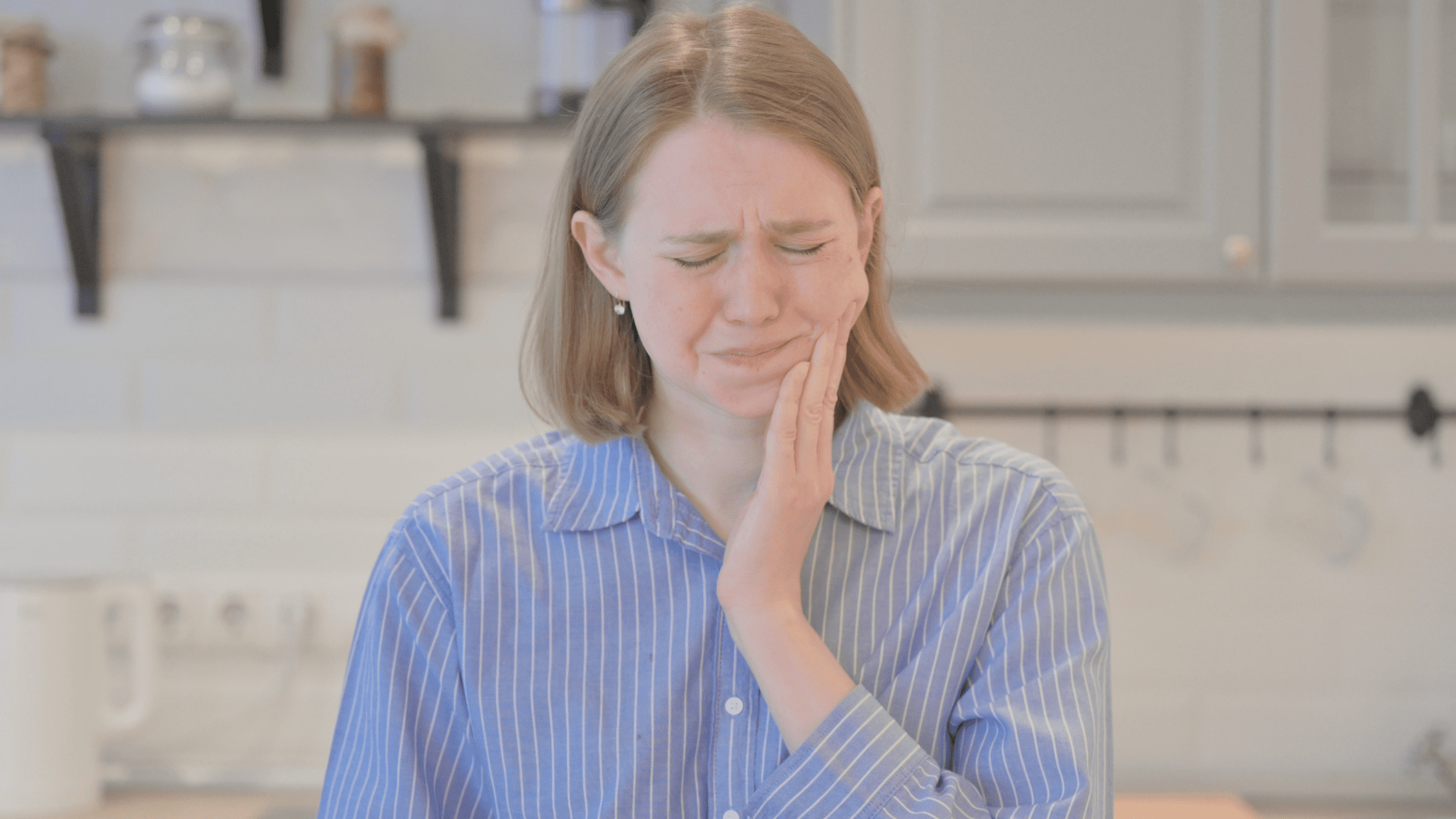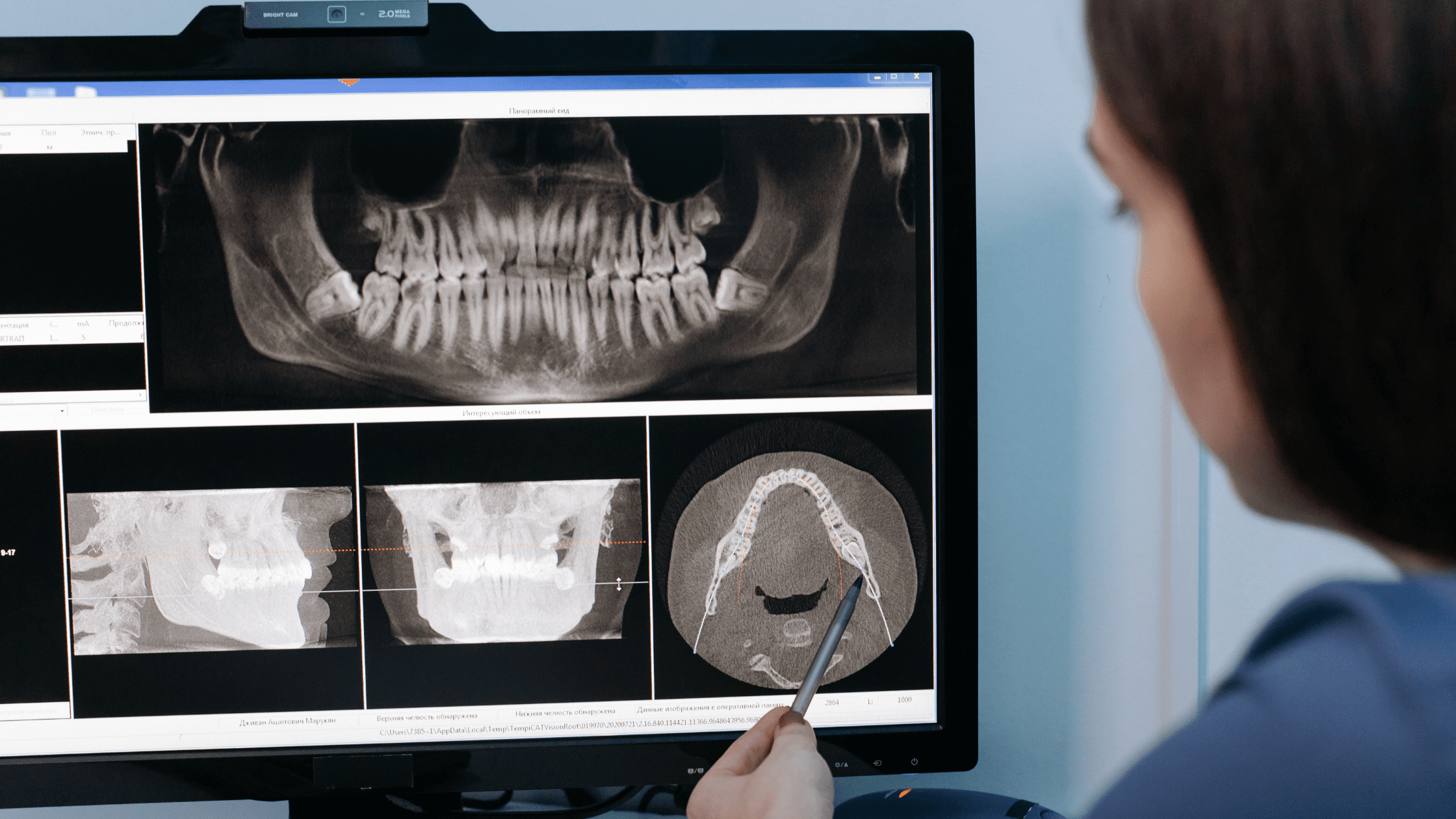Great oral health starts at home. It’s more important than ever to take good care of yourself.
Proper Oral Hygiene
Your smile and overall health depend on those simple dental care habits drilled into you since childhood. But with more people working from home people have been relaxing a bit on their twice a day flossing and brushing.
Brush your teeth twice a day. Take about two minutes to thoroughly brush your teeth, and make sure you focus on the space between your gums and teeth. Don\’t forget to clean your tongue, which harbors bacteria, with a toothbrush or tongue scraper.
Use the right tools. Use fluoride toothpaste and a soft-bristled toothbrush that fits your mouth comfortably. Electric or battery-operated toothbrushes do a more thorough job. Make sure to replace them regularly. After all, they are going into your mouth.
Keep your toothbrush clean. Always rinse your toothbrush with water after brushing. Store your toothbrush in an upright position and allow it to air-dry until using it again. Don’t store in boxes or enclosed storage to avoid mold. Also, please keep it away from other family members’ brushes.
Flossing is vital. The only way to reach the bacteria in the spaces between your teeth and under the gum line with a toothbrush is by flossing. And don’t just focus on the back teeth that tend to catch more food. Hit every single one of your teeth. If you don’t like string floss, you can buy pre-threaded flossers or a water pick.
Be careful. No matter if you floss or brush, be gentle with your gums. Don’t jam floss into your gums. Instead, curve it against one tooth, making a c shape.
Be consistent! Brush every day. Twice a day. No skipping. Also, as long as you do a thorough job, it doesn’t matter if you brush or floss first.
Drink lots of Water
To keep your oral health in check, it is essential to drink plenty of water. Hydration promotes saliva flow, which gives your teeth important proteins and minerals – like fluoride. Water also flushes out debris left from snacking. Moreover, if you use tap water, you may get your needed dose of fluoride. There are many different opinions on just how much water you should be drinking. However, it is commonly recommended that you should drink at least eight 8-ounce glasses every day – or roughly half a gallon a day. And avoid sodas, juice, and sweet teas.
Don’t Fall into the Snack Trap
Snacking has been a favorite American pastime during the pandemic. Be it to provide emotional comfort in uncertain times, due to stress, or simply because you have more time to cook or bake, most foods considered comfort foods are high on sugars and fats. That’s not only bad for your teeth but can lead to unhealthy weight gain, as well as impact your mood. Keep fresh and healthy snacks in the house, such as veggies, fruits, or nuts, for easy access if cravings strike. Avoid grazing by keeping your regular meal routine. If you keep up with your hydration routine, you should feel less tempted as well.
Don’t Smoke
Smoking is bad. You know that. It not only harms your immune system, but the CDC considers smoking as a leading risk factor for gum disease. Smoking also affects the mouth’s appearance, leading to yellowing of the teeth and tongue, and it can give breath a bad odor.
Relax
Yes, self-care and relaxation are more crucial than ever in 2020. We have seen an increased number of people with cracked teeth or with jaw pain because they grind or clench their teeth due to stress or worry. Find ways to unwind and relax. Your mental health will affect every area of your body.
Call a Dentist if you have a Toothache
We understand that life is hectic right now. But it is essential to take care of dental issues when they arise, not when they have become an emergency. Keep up your regularly scheduled screenings and cleanings to prevent gum disease and other oral health problems. Contact your dentist right away if you experience a severe toothache, a broken tooth, or show signs of infection:
- Toothaches or pain when chewing or speaking
- Red or swollen gums, as well as gums that bleed when you brush or floss
- Loose permanent teeth
- Broken or chipped teeth, crowns, or fillings
- Unusual sensitivity to hot and cold
- Persistent bad breath or a strange taste in your mouth
Here are a few home remedies to hold you over until you can see a dentist.
Keeping up on positive oral health habits helps you feel more balanced, gives us a sense of normalcy, and can keep you smiling in times of stress.



